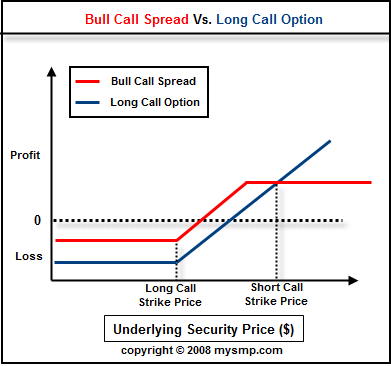A Bullish Call
Post on: 16 Март, 2015 No Comment

Error.
Updated Dec. 17, 2007 12:01 a.m. ET
THE STOCK MARKET HAS JUST EXPERIENCED its most volatile year since the current bull market began. Corporate profits shrank in the third quarter for the first time since early 2002. Record oil prices, housing deflation, rising loan defaults and tighter credit conditions threaten to tip the U.S. economy into recession. And a few weeks ago, it looked as if 2007’s gains might disappear before the first strains of Auld Lang Syne .
Against this troubling backdrop, it’s no wonder investors are worried that the bull market might end in 2008. But Wall Street’s top equity strategists are quick to dismiss such fears.
Indeed, the dozen seers we’ve surveyed all have penciled in higher stock prices in 2008, although their estimated gains vary widely, from 3% to 18%. On average, the group sees the Standard & Poor’s 500 at 1,640 by the end of next year, or about 10% higher than the recent 1486 with global growth and a benevolent Federal Reserve serving as twin crutches for the aging bull.
THE STREET’S BULLISH consensus is particularly impressive considering that all 12 strategists also take a dim view of the U.S. economy’s prospects and expect the Fed to keep cutting interest rates to spur spending. Since September, Fed Chairman Ben Bernanke and his colleagues have lowered the benchmark federal-funds rate three times, to 4.25% from 5.25%, including Tuesday’s quarter-point reduction. Still, none of the leading strategists is forecasting a recession, although one Wall Street economist — Richard Berner of Morgan Stanley — last week predicted a mild recession, with no growth for a year.
We expect the U.S. economy to show the strains of the deflating housing market and credit-market disruptions in early 2008, says Goldman Sachs strategist Abby Joseph Cohen. But recession likely will be avoided, due to strength in exports and capital spending by corporations and government.
Credit Suisse equity strategist Jonathan Morton agrees. Conditions for a hard economic landing — like slack in the labor market and weak balance sheets — are still largely absent, he says.
The resultant selloff in their shares has left the S&P 500 financial sector down about 20% year-to-date, and has been the biggest drag on index performance. Five strategists are steering clients clear of financials in 2008, while four now think it’s time to buy. In a sign of the times, perhaps, or of the self-doubt such times inspire, the bears were relieved to learn that a fair number of competitors had taken the opposite view.














